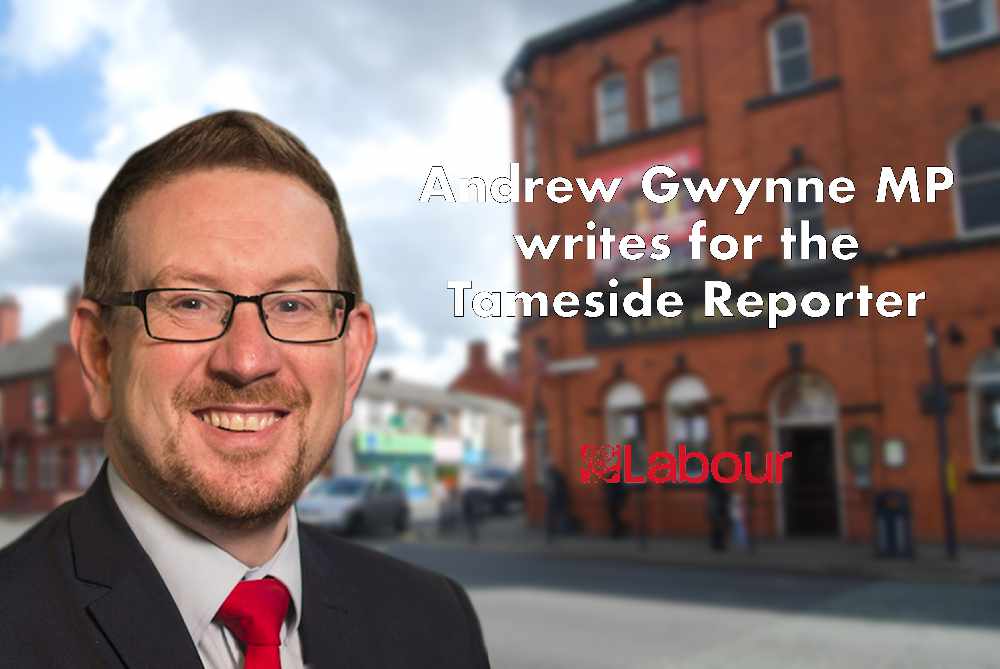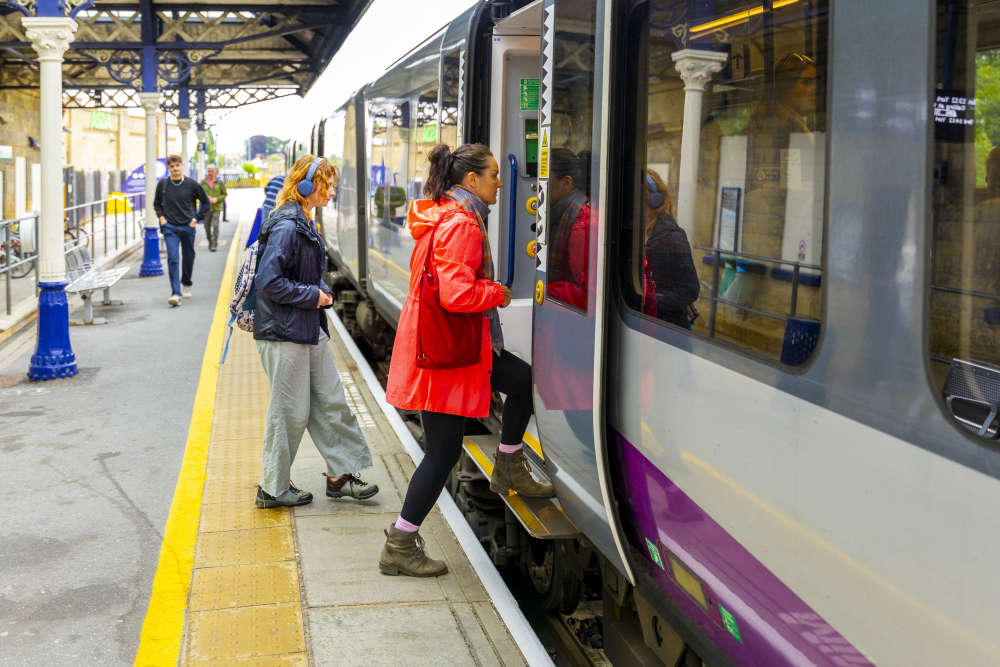
In his latest column for us, Denton MP Andrew Gwynne says listening to women and understanding their experiences of violence and abuse will always provide the best solutions to dealing with the issue.
We’ve all been shocked and appalled at the terrible news about Sarah Everard over the past couple of weeks.
It’s impossible to comprehend the impact that the news will have had on her family and friends and my thoughts are with them at what must be an incredibly difficult time.
Along with an outpouring of grief, there has been a lot of justifiable anger, both that incidents like this are still taking place and that there has not been enough of a priority given to the safety of women and girls.
Because sadly this case is not a one-off, but part of a much wider pattern of violence, intimidation, abuse and harassment of women.
Almost every woman has stories of being followed at night, inappropriate touching on public transport, sexual comments in the workplace, catcalling when going about their business or other forms of harassment.
A survey in 2017 found that over half a million women aged between 16 and 59 had experienced a sexual assault in the previous year, whilst 85,000 had experienced rape or attempted rape.
These horrifying statistics highlight the sheer scale of this problem, which I think is sometimes underplayed because it’s a difficult topic to talk about.
But it’s important that we do have this discussion and – most importantly – that this conversation is led by women.
It is vital that we listen to the negative experiences that women and girls go through on an everyday basis, often from a far too early age.
Sadly, many women also experience these incidents being ignored, side-lined or downplayed by institutions that should be there to protect and safeguard them.
Some men get very defensive in debates on this topic, feeling that they are under attack for something that they haven’t done, but I think it’s important that we all think about what we can do to deal with this problem.
There are of course some things that need to be done on a national level or by organisations and institutions, including reviewing legislation and sentencing guidelines, improving training and education in the police and elsewhere, and having a proper national strategy in place to deal with misogyny and gender-based violence.
However, there are also things that all men can do, including challenging harassment when you come across it and changing behaviour in order to be less threatening, for instance perhaps by crossing the street if you’re walking behind a woman at night.
Whether we’re dealing with this issue at a national level or as an individual, the best solutions will always come from listening to women and understanding their experiences.
Read more from the Tameside Reporter
Click here for more of the latest news
Click here to read the latest edition of the paper online
Click here to find out where you can pick up a copy of the paper


 TransPennine Express steps in to keep passengers moving this Easter weekend
TransPennine Express steps in to keep passengers moving this Easter weekend
 New Timetables For Trains Across The North In May
New Timetables For Trains Across The North In May
 800 cannabis plants seized in Mossley
800 cannabis plants seized in Mossley
 StalyFest takes over Bower Fold
StalyFest takes over Bower Fold



